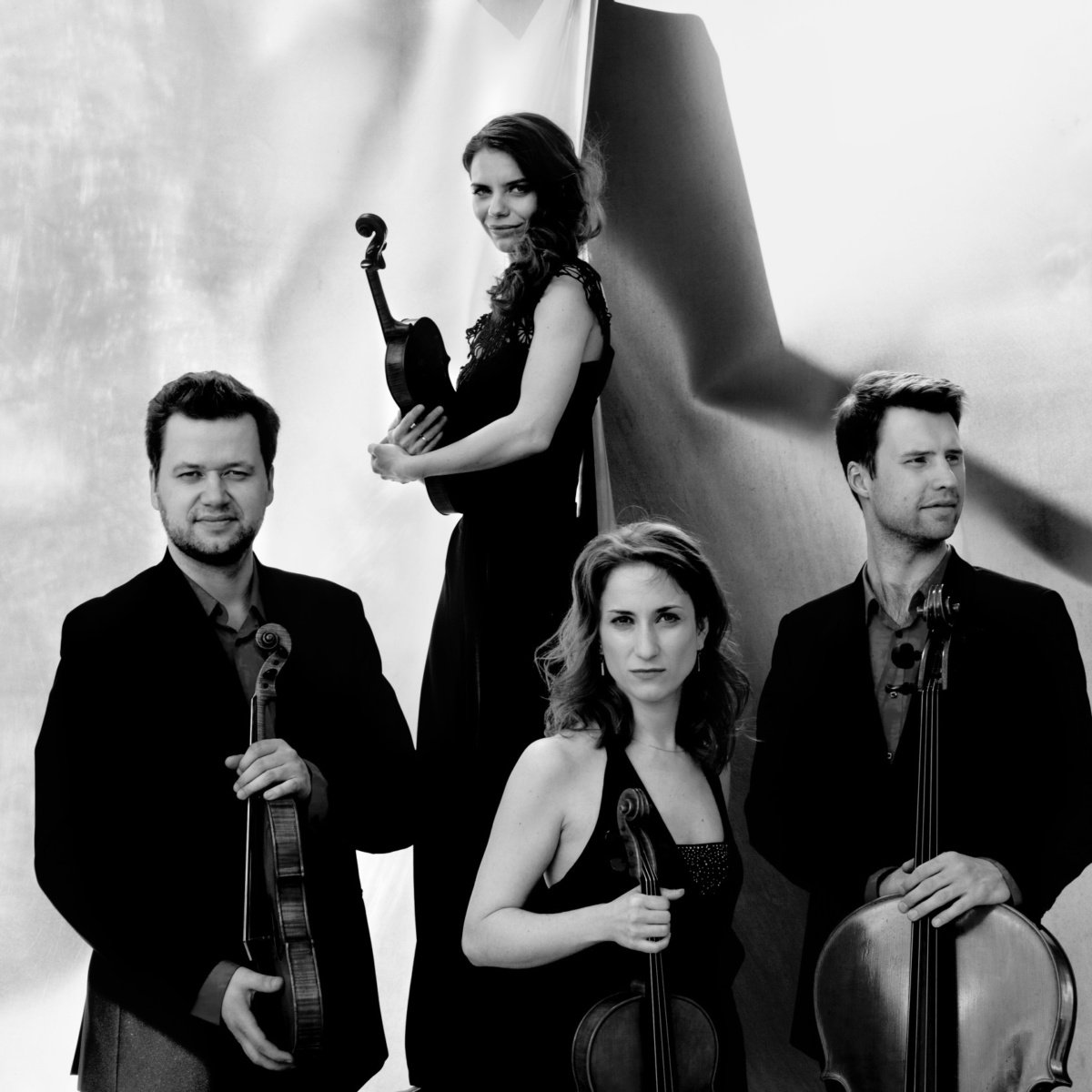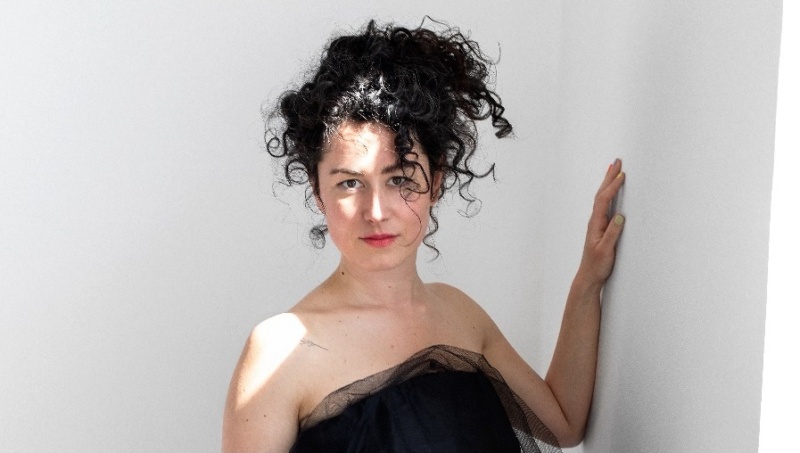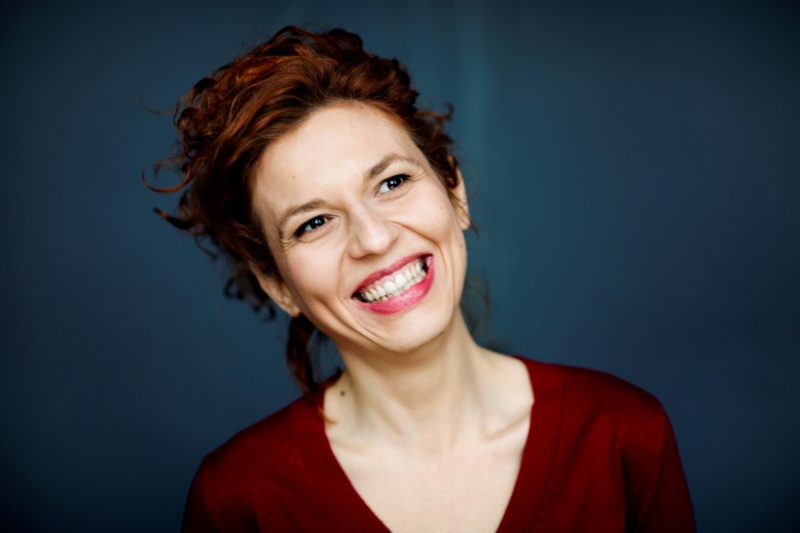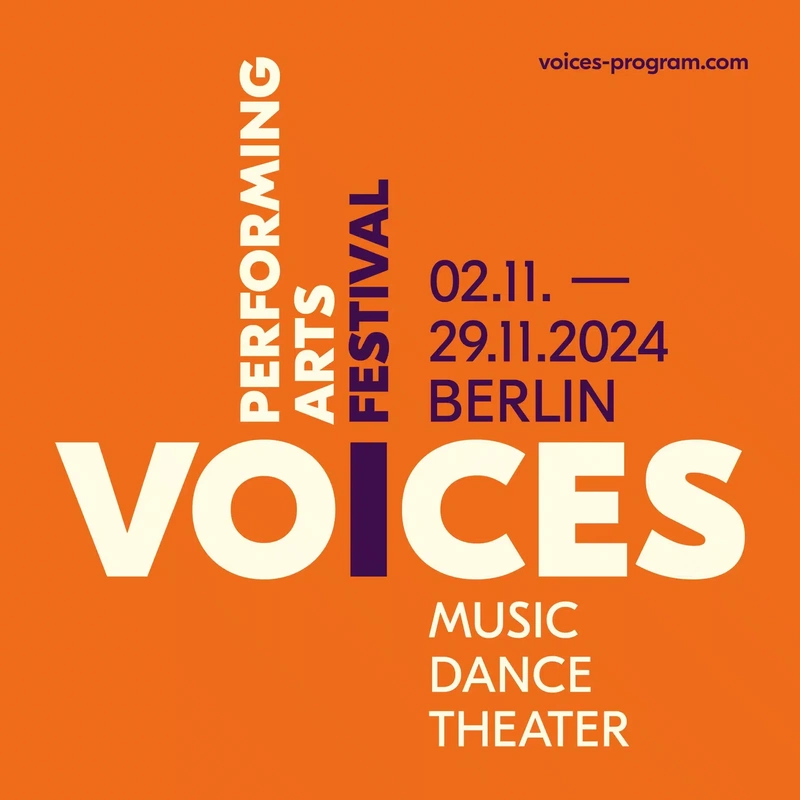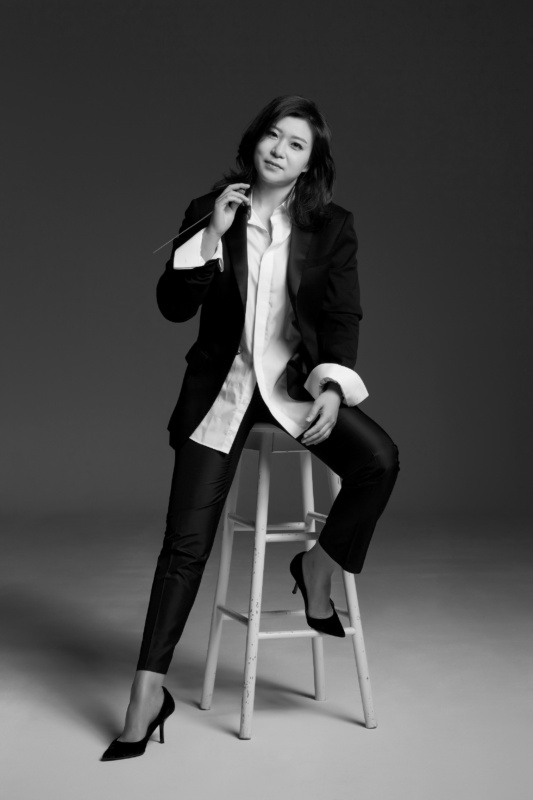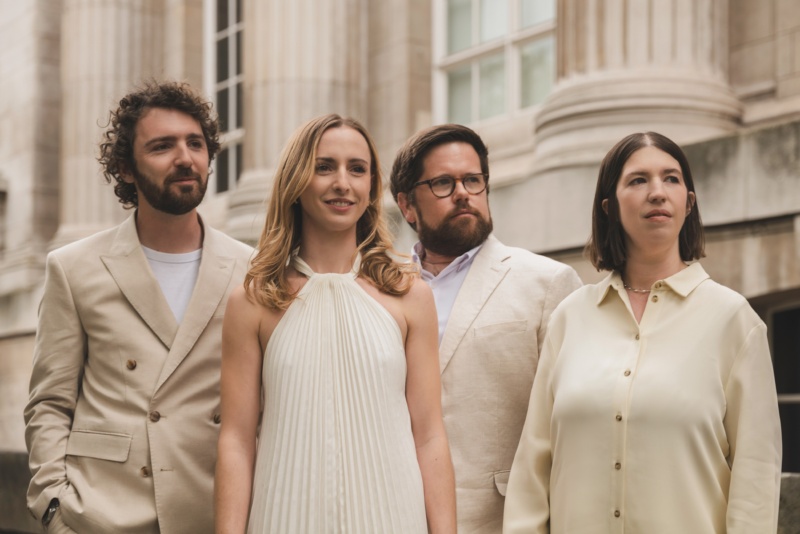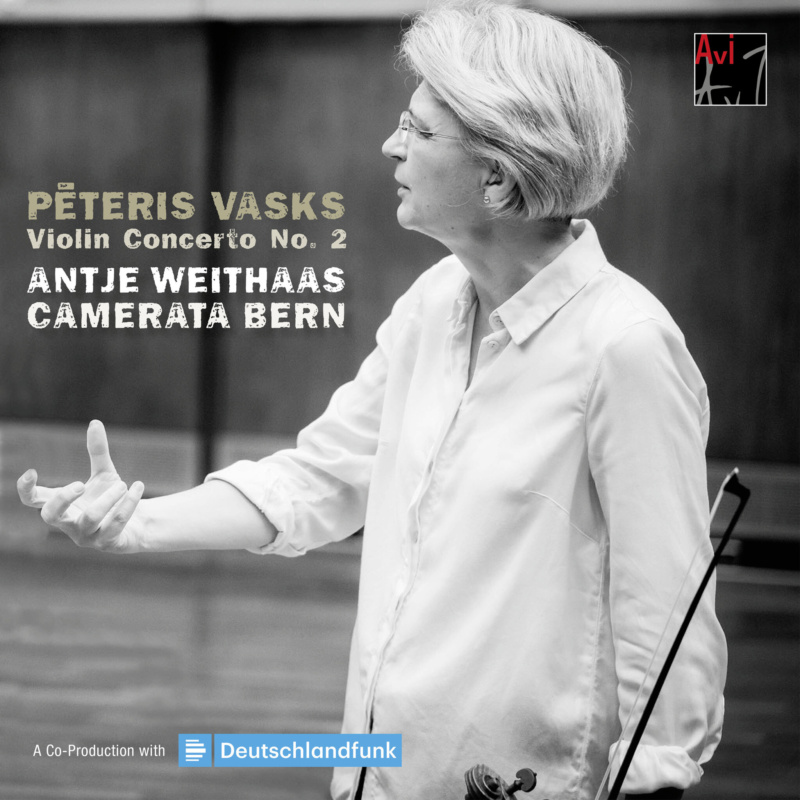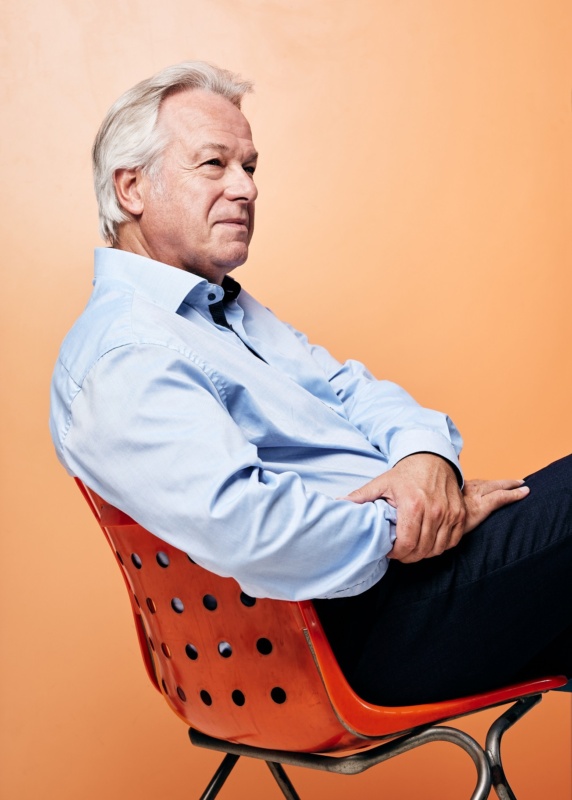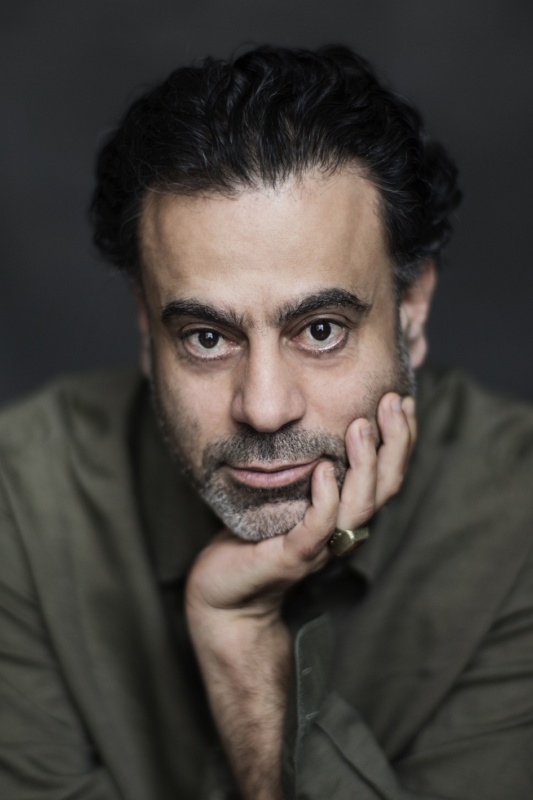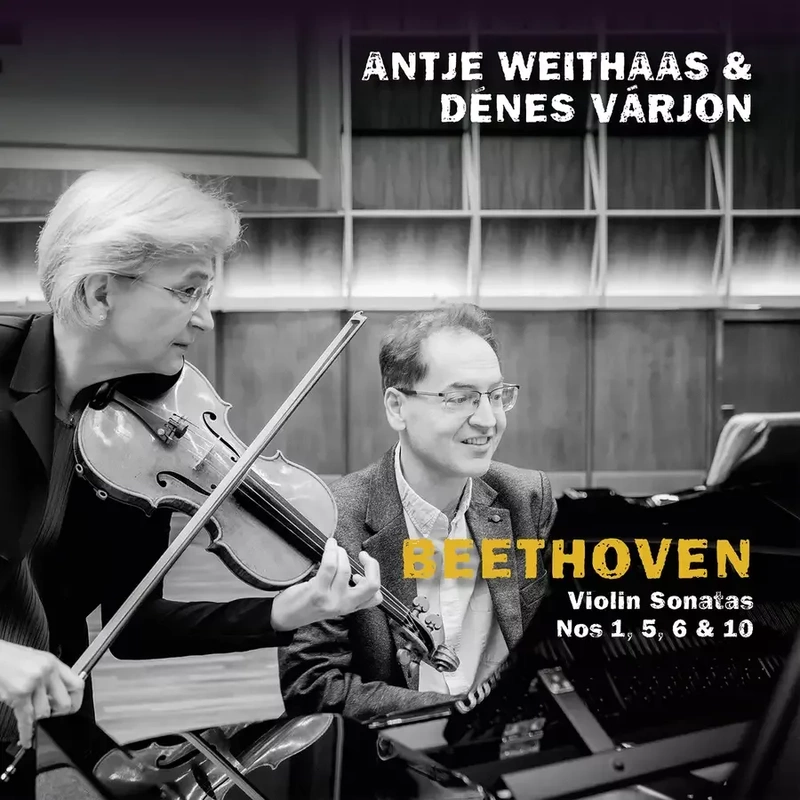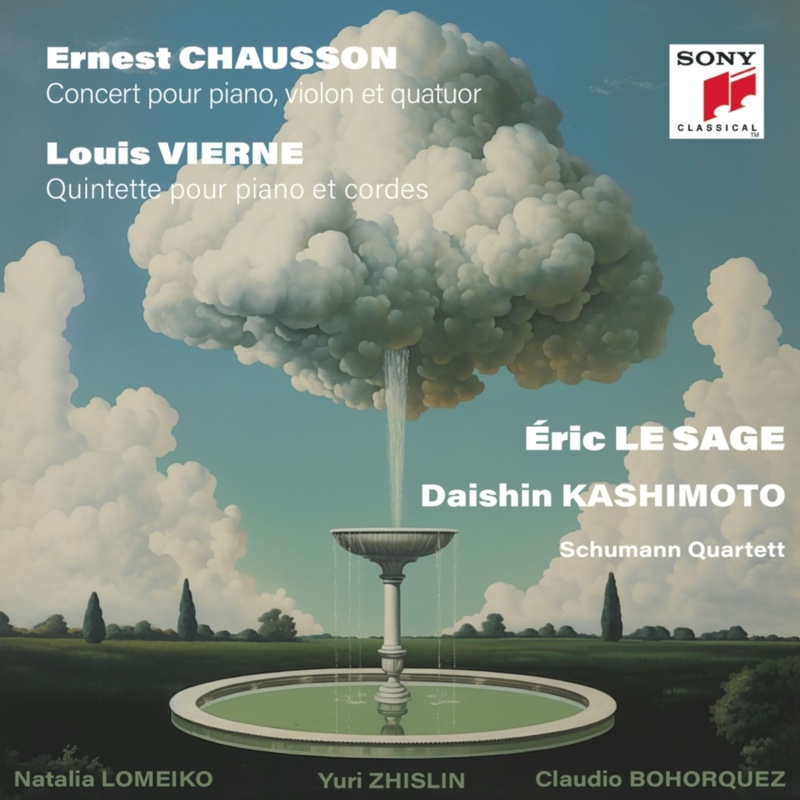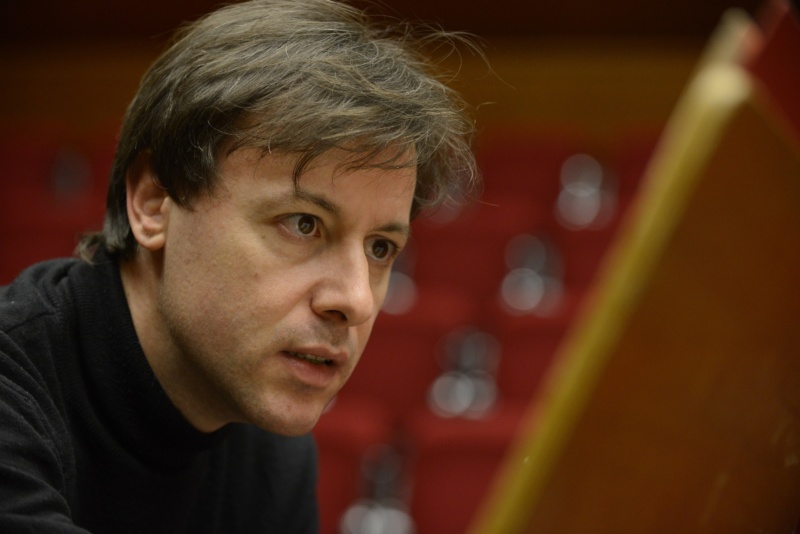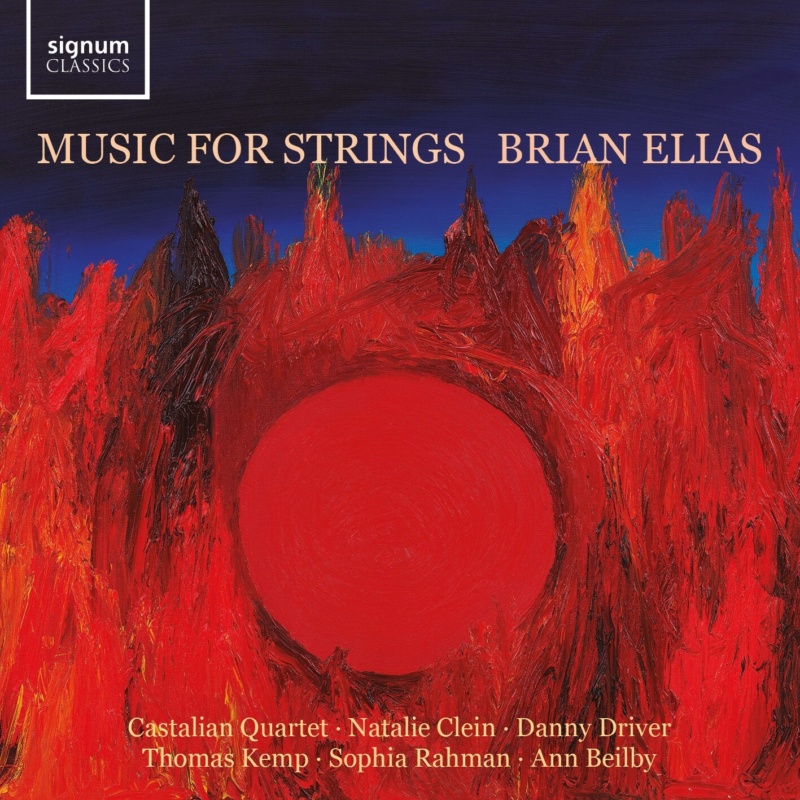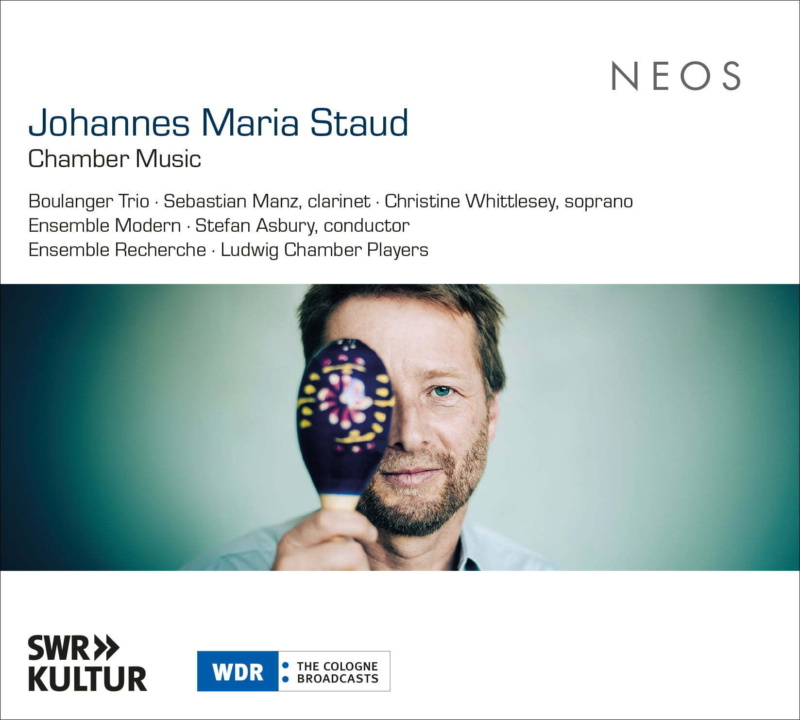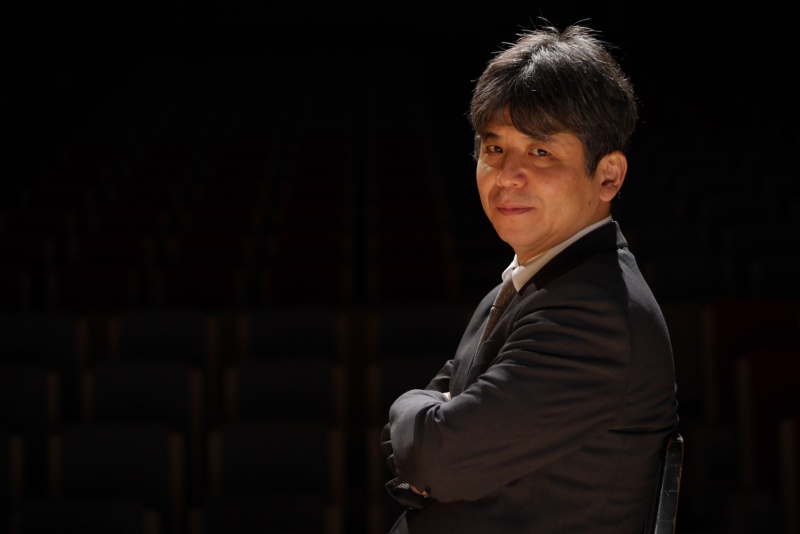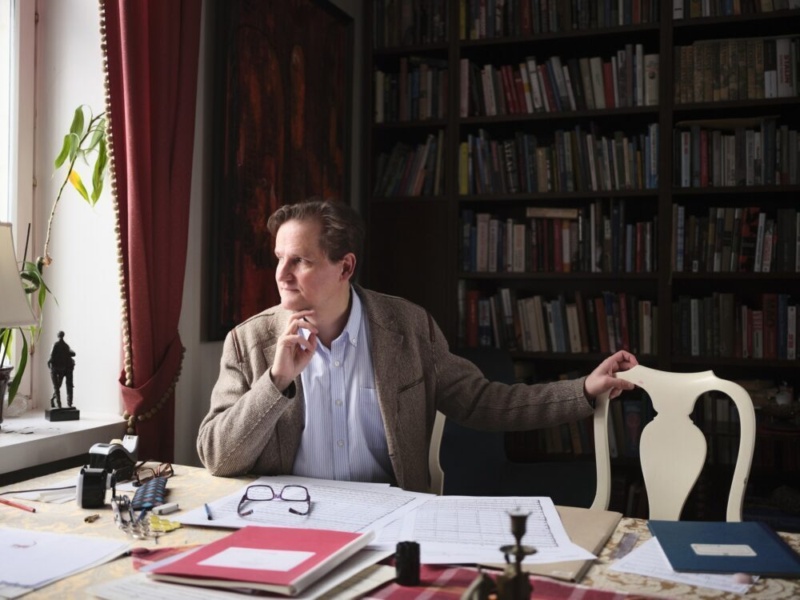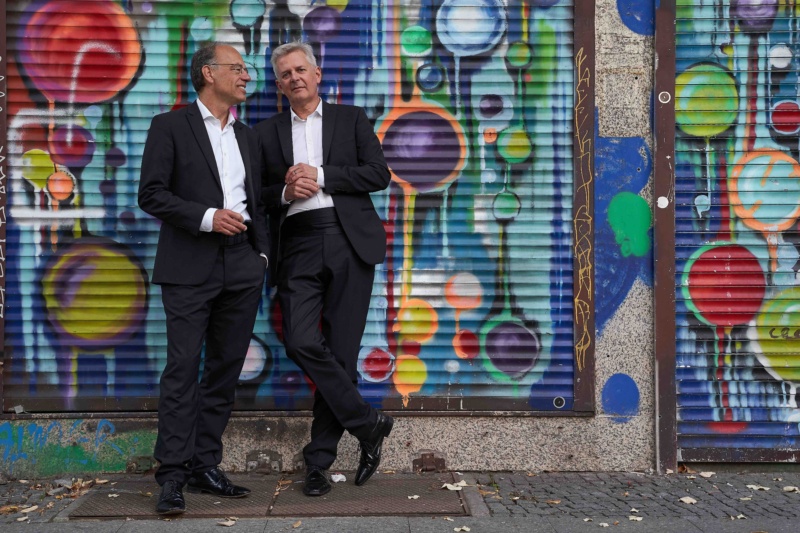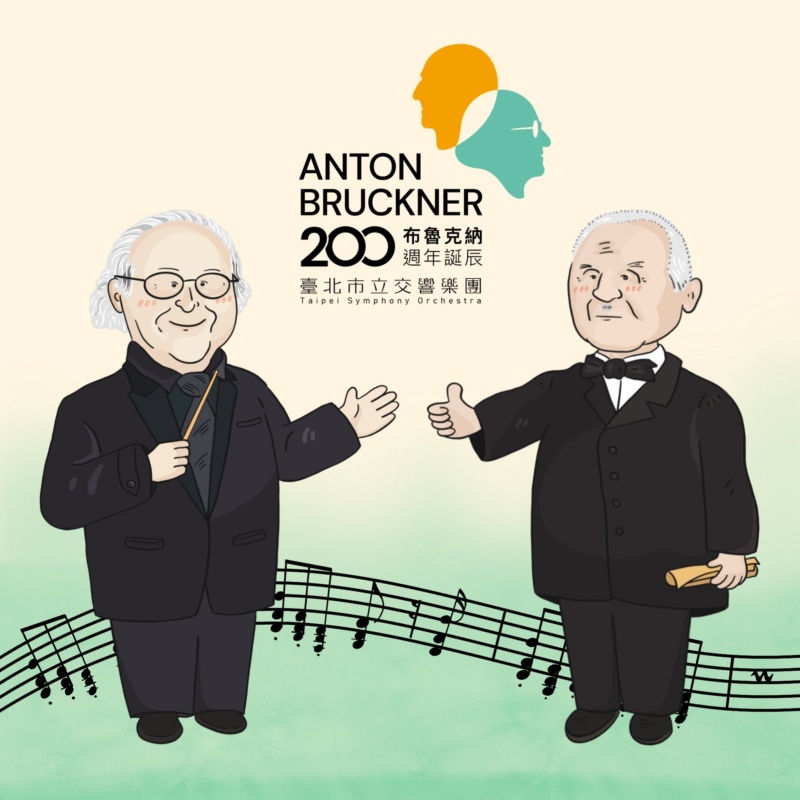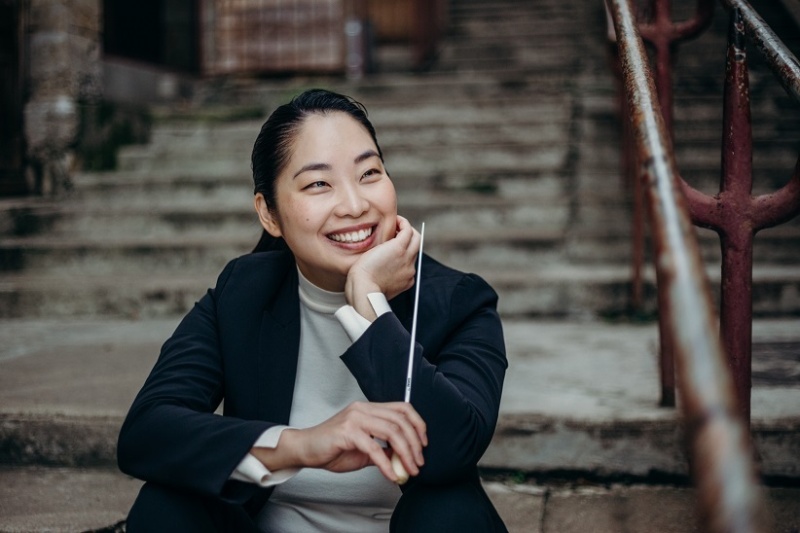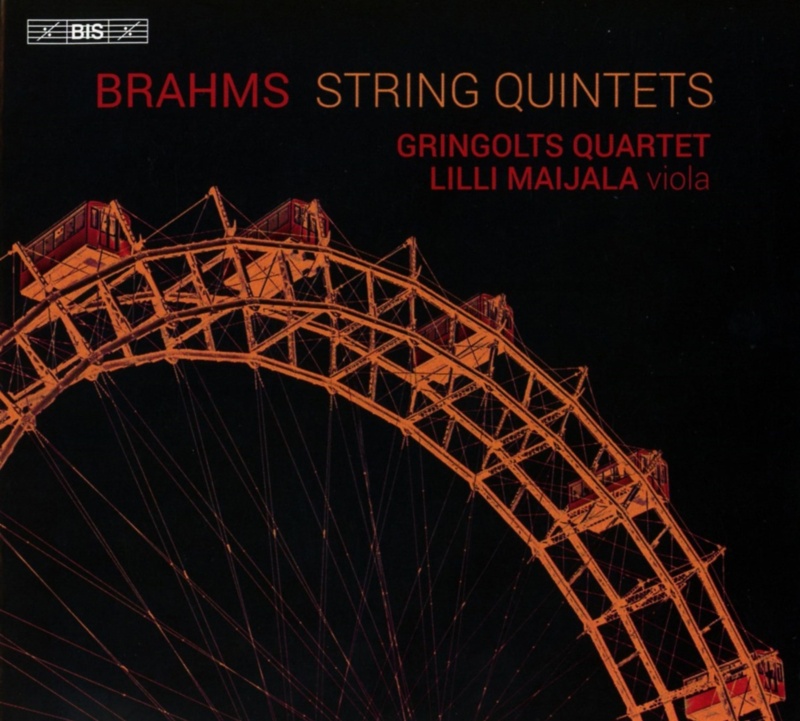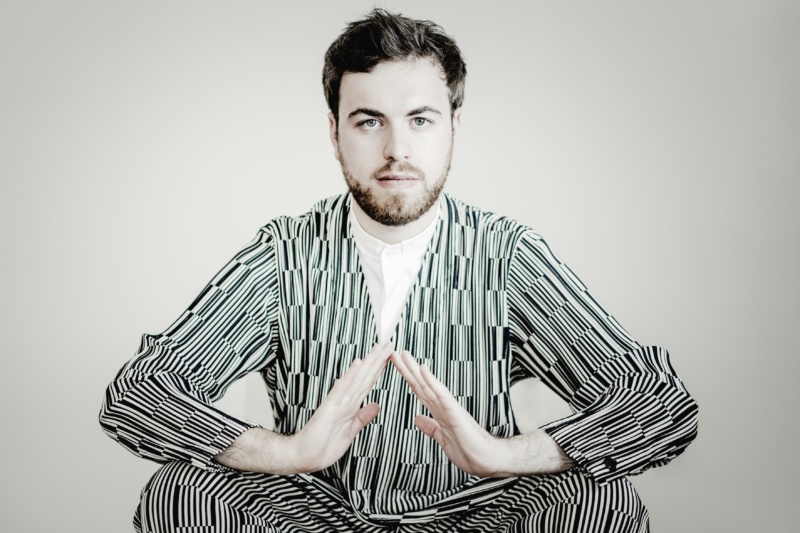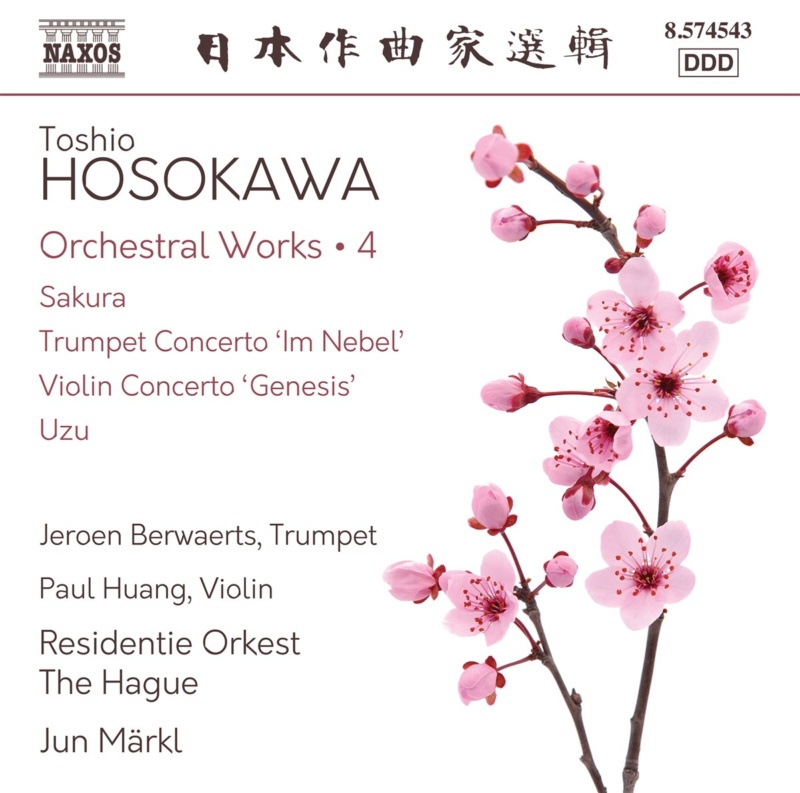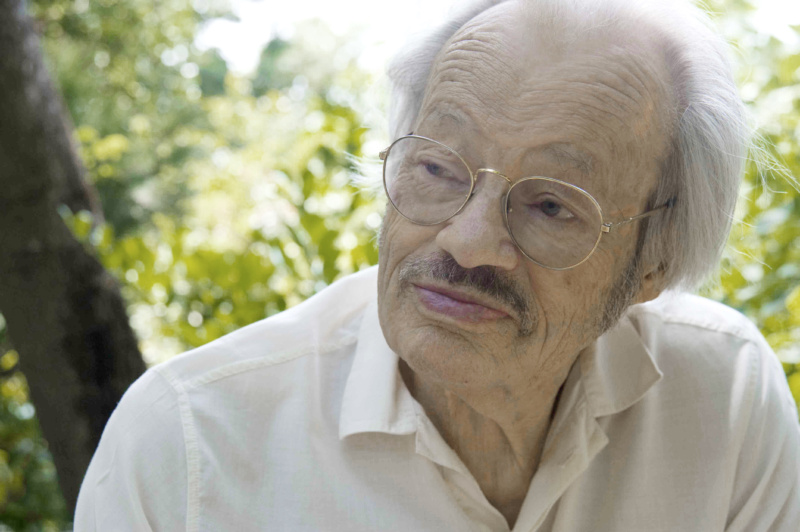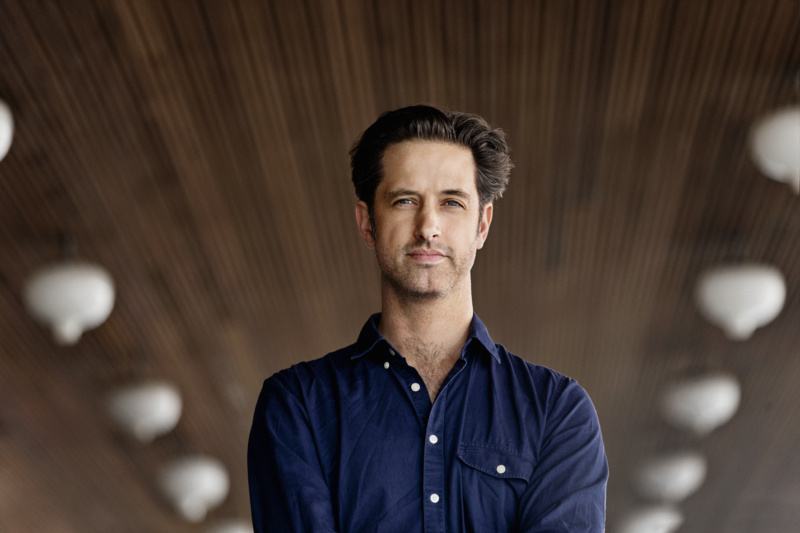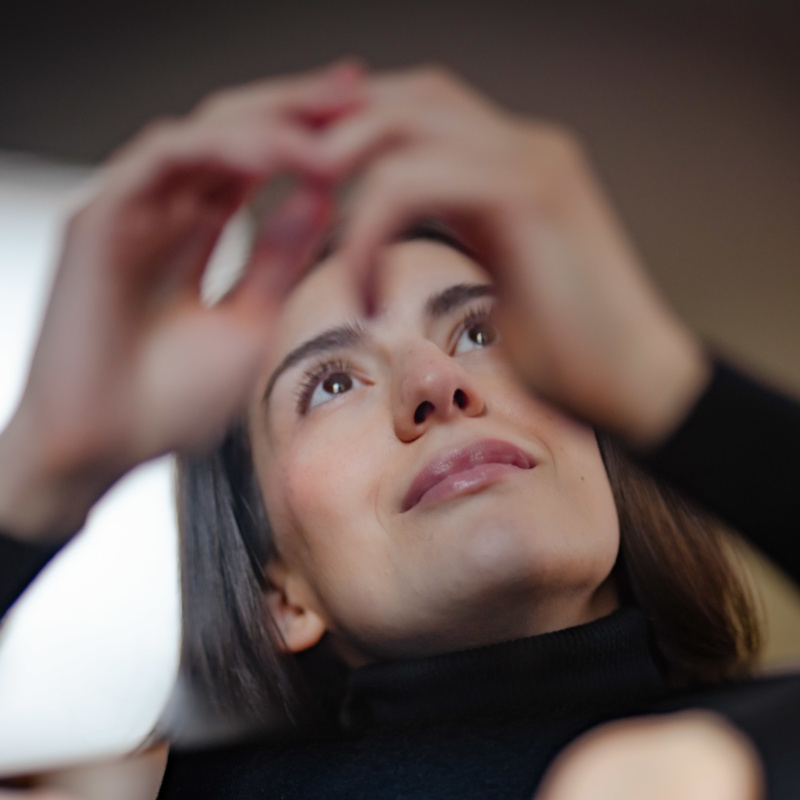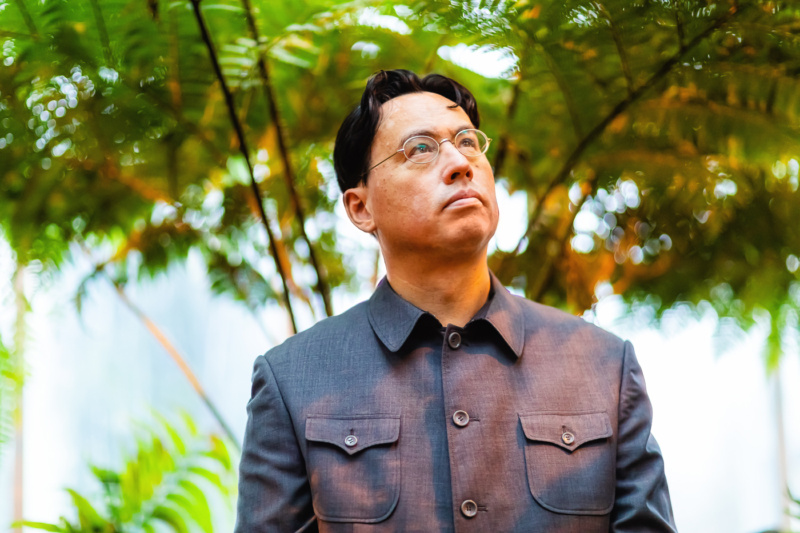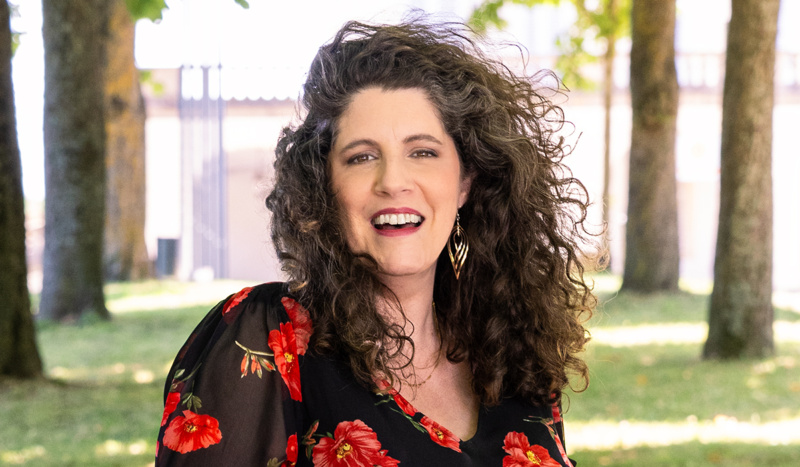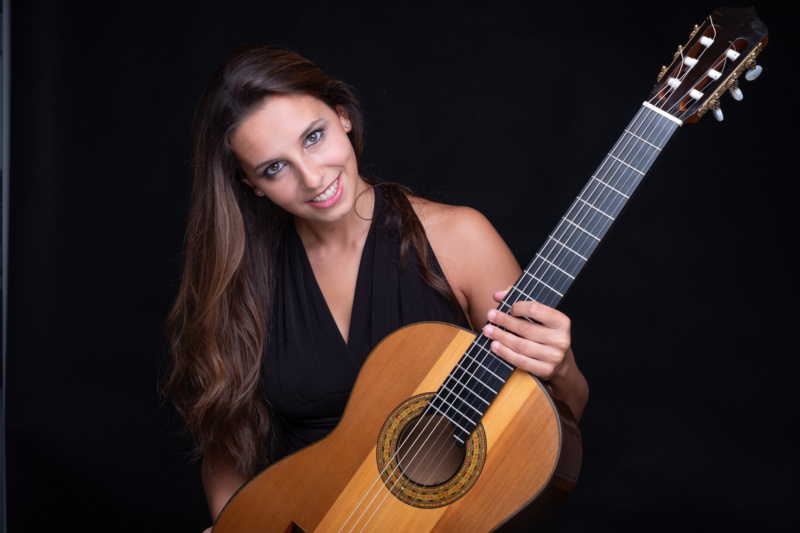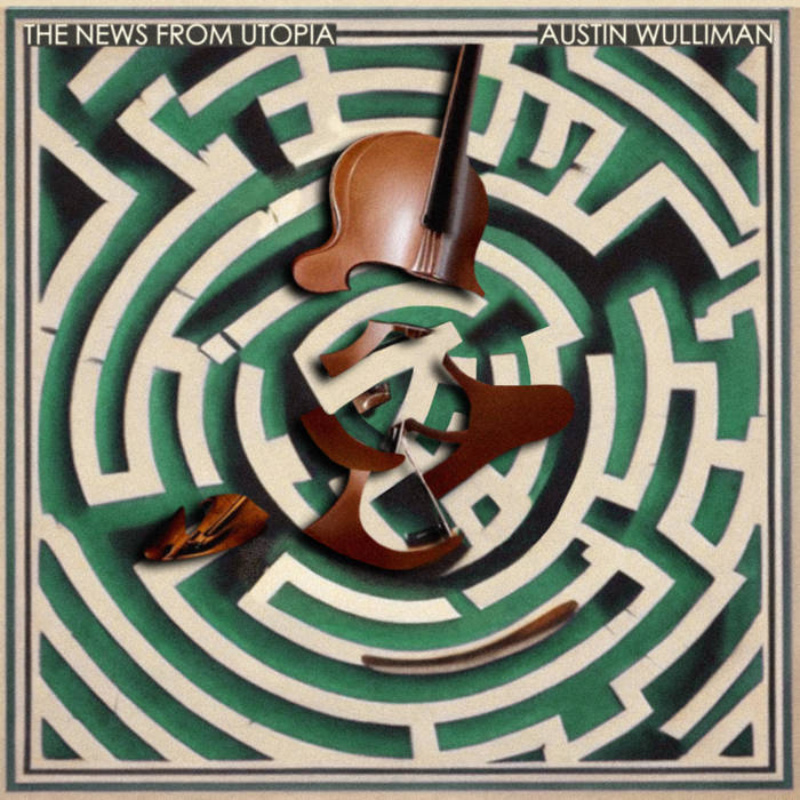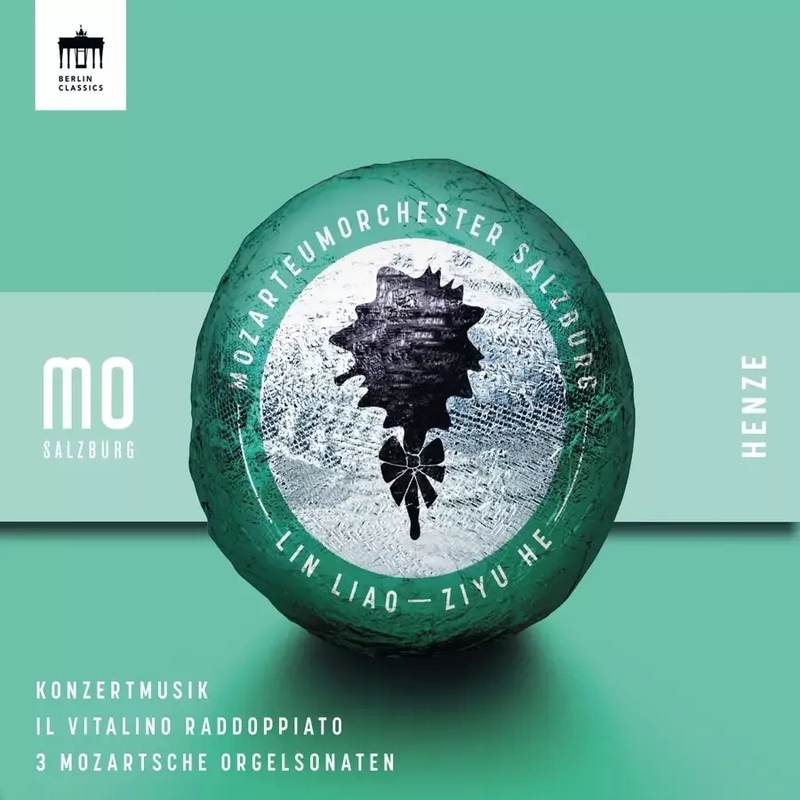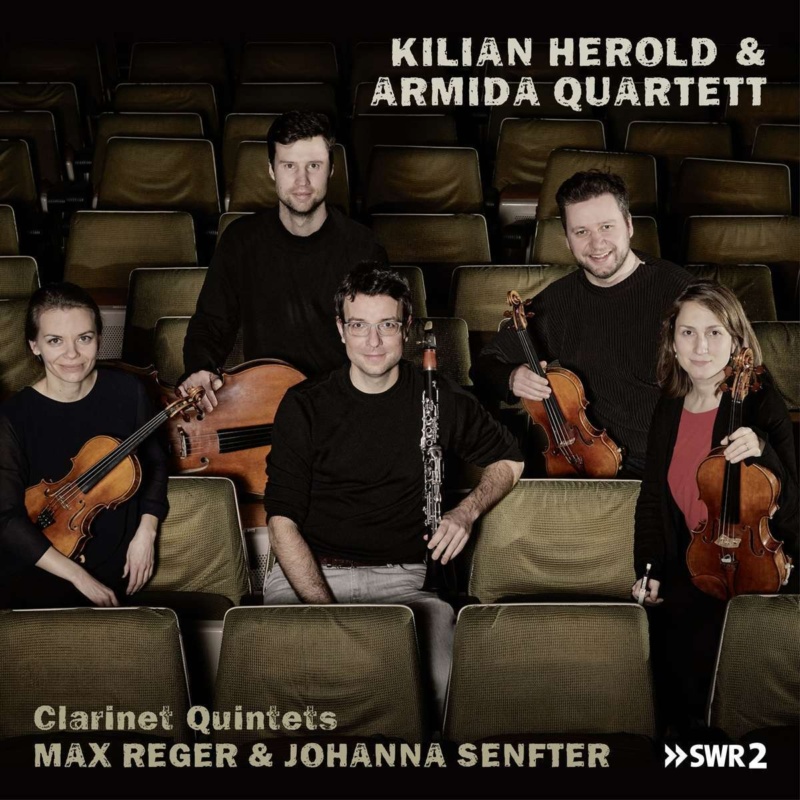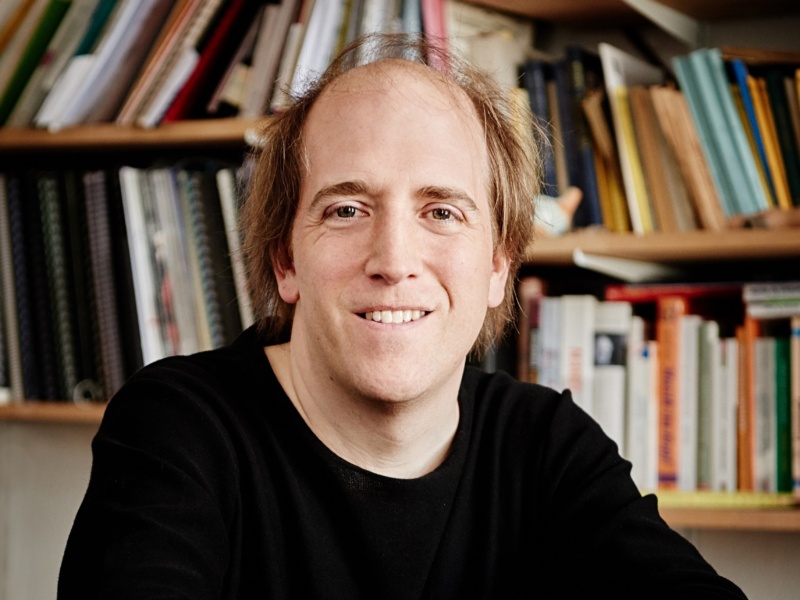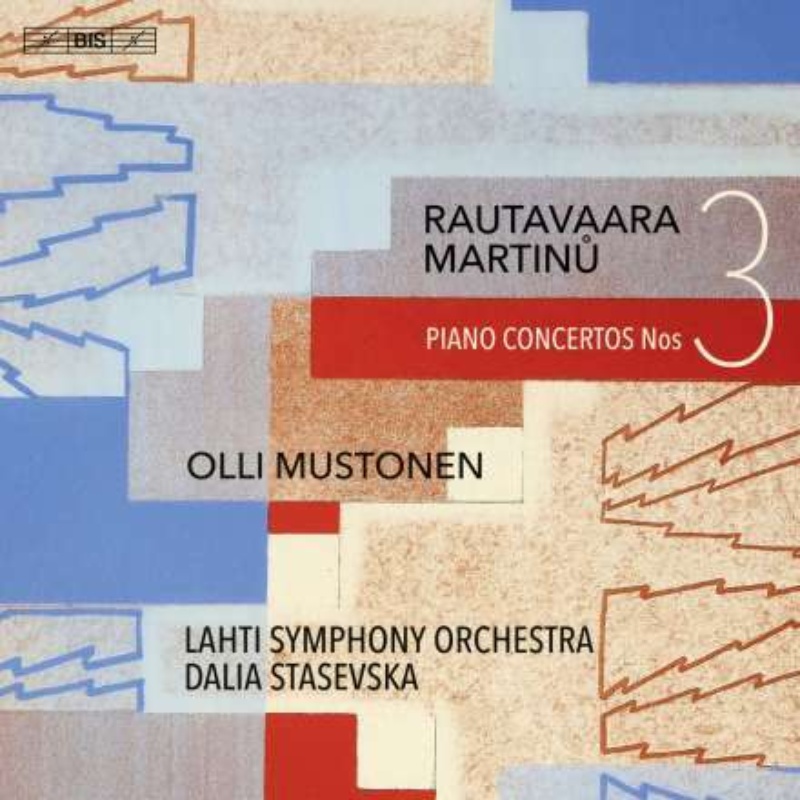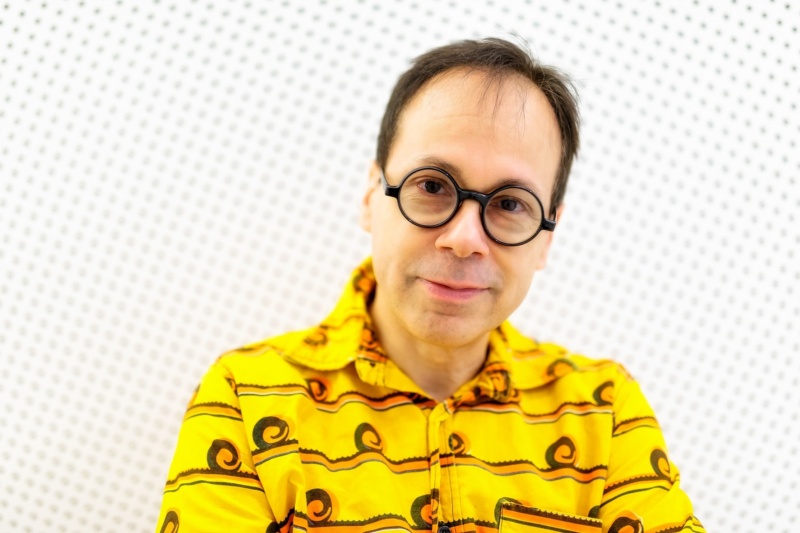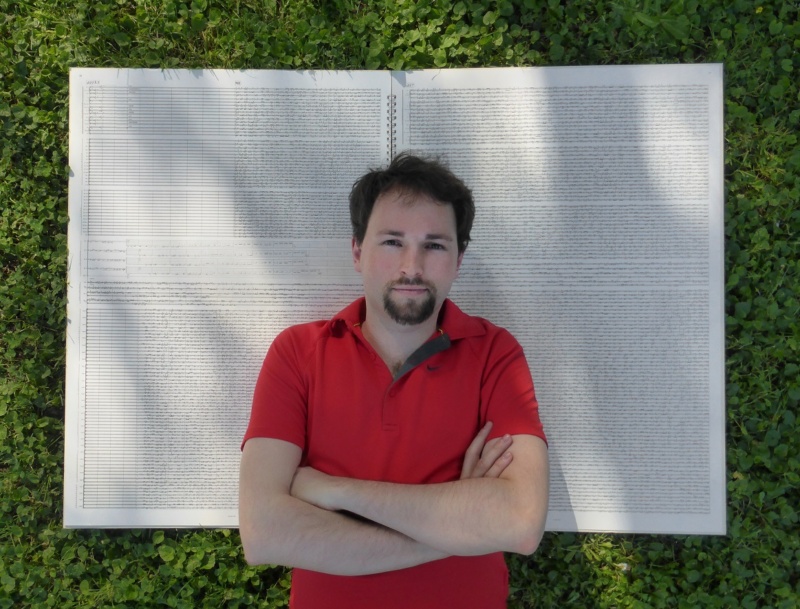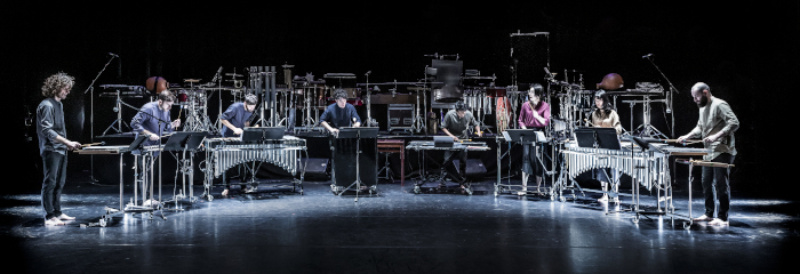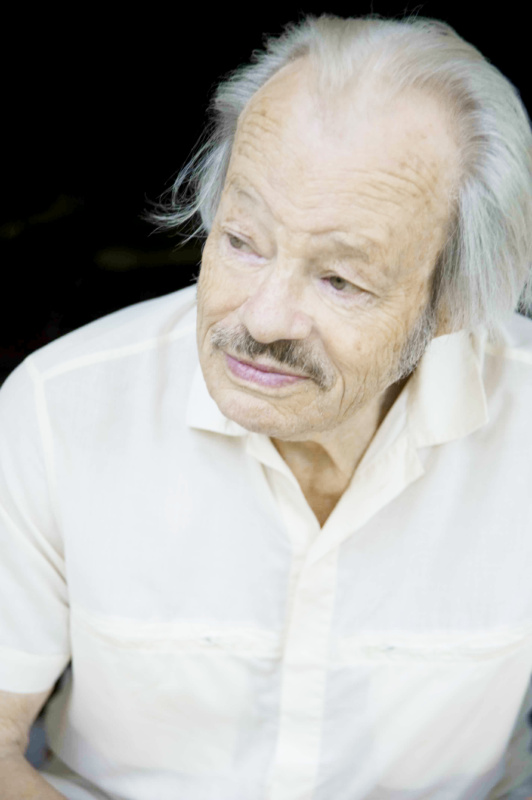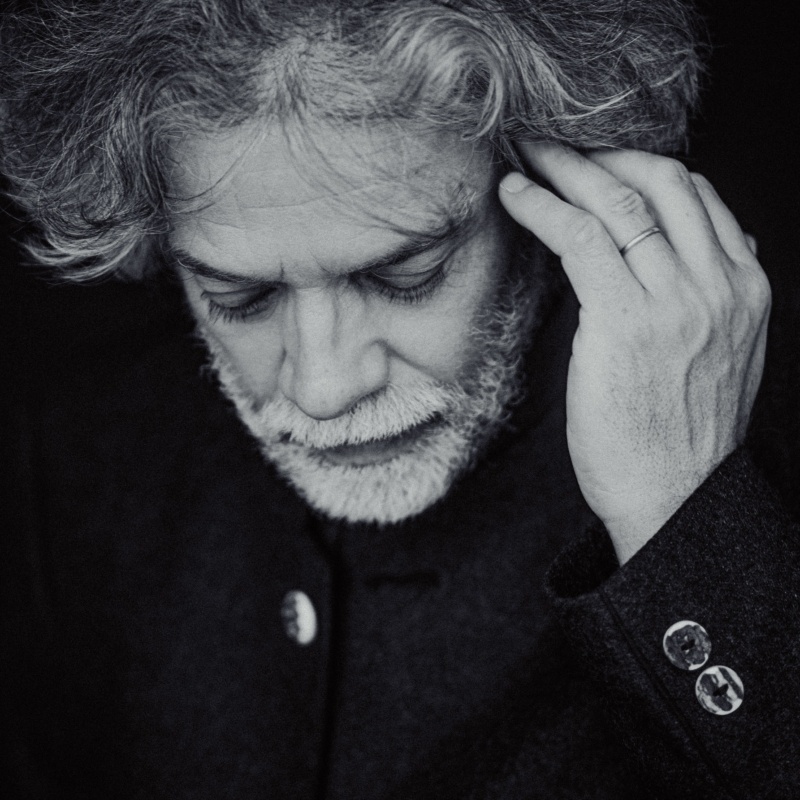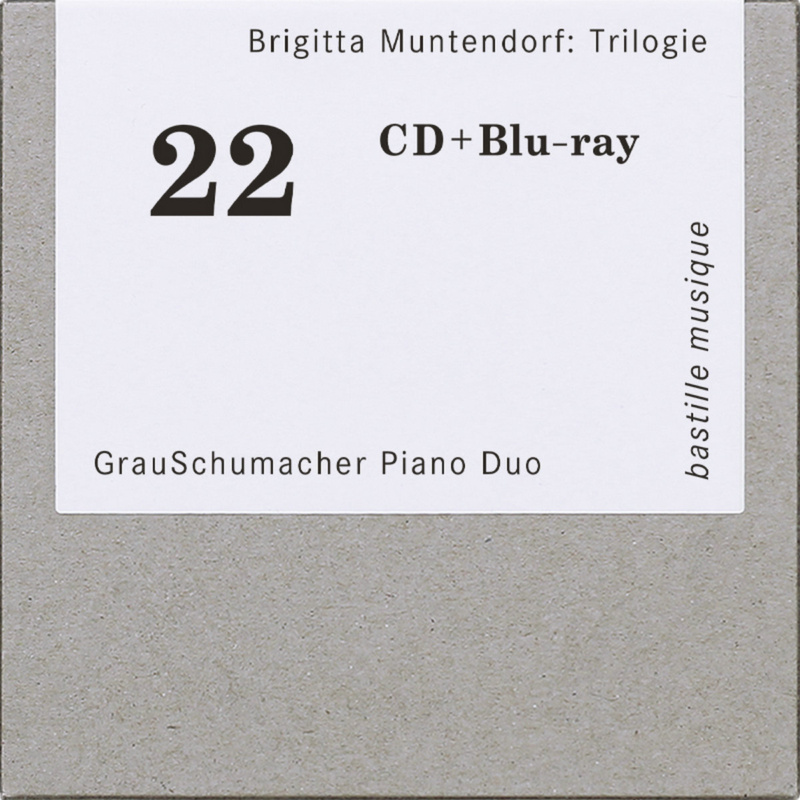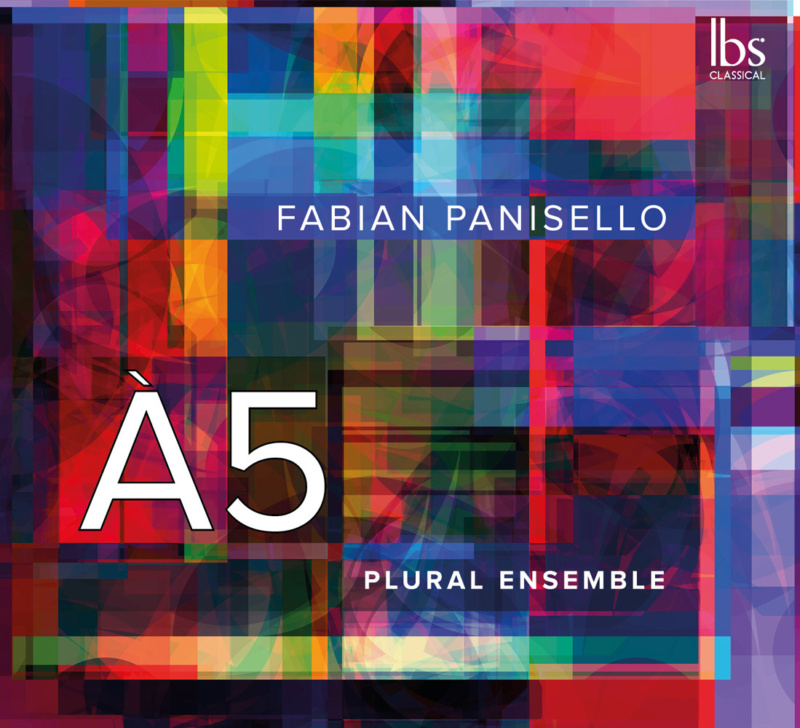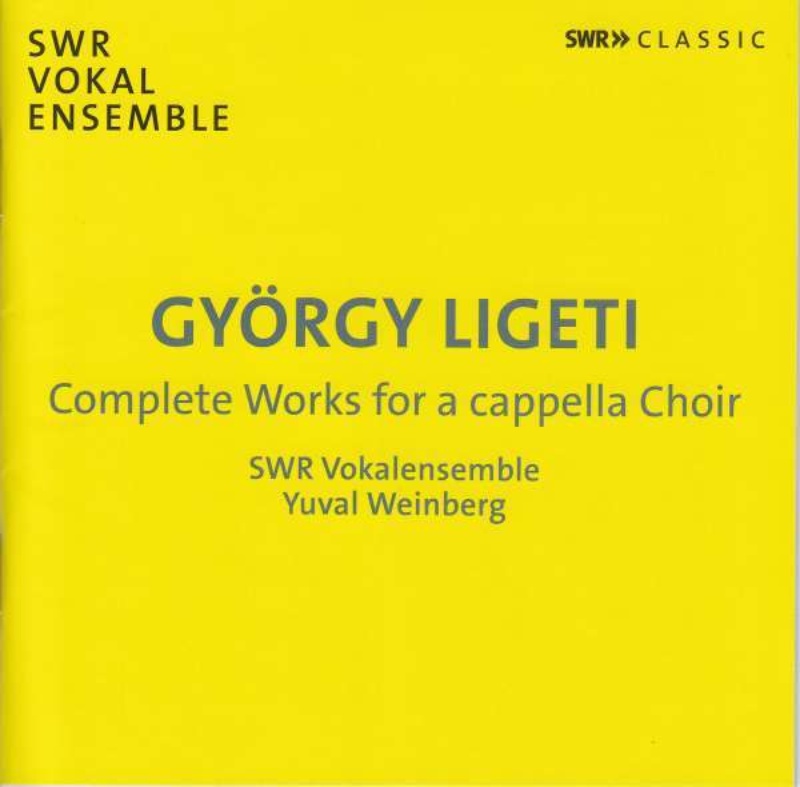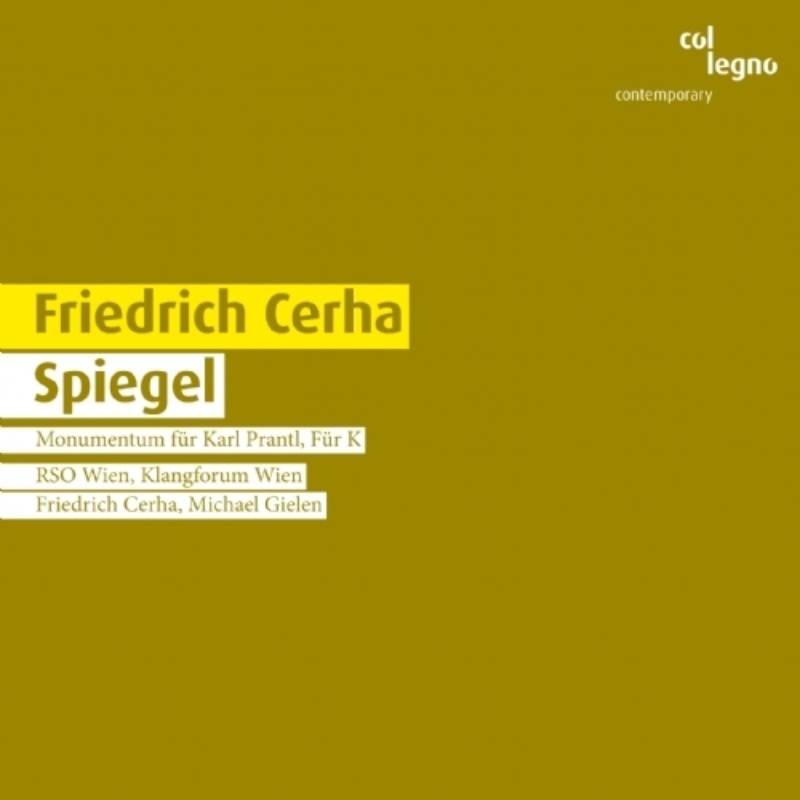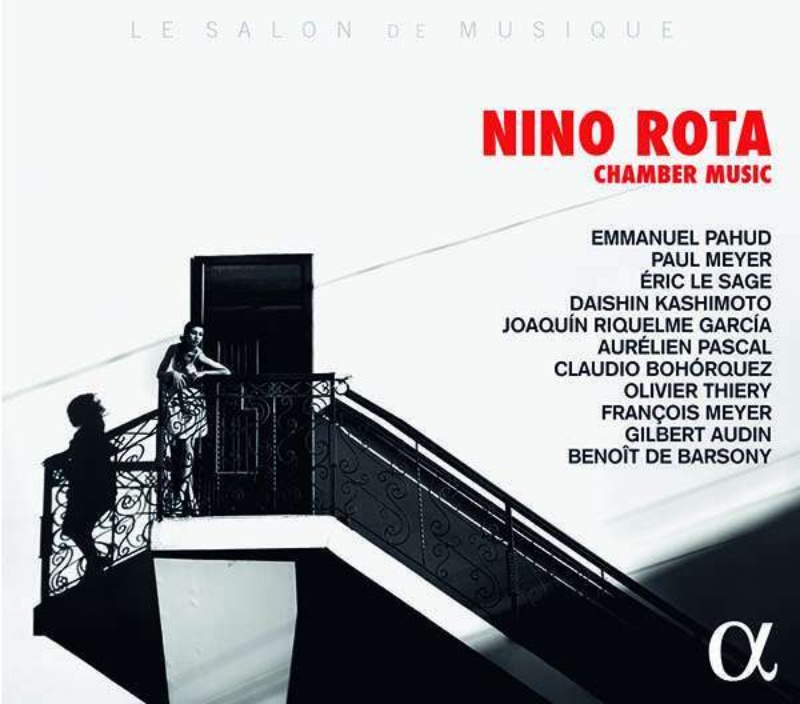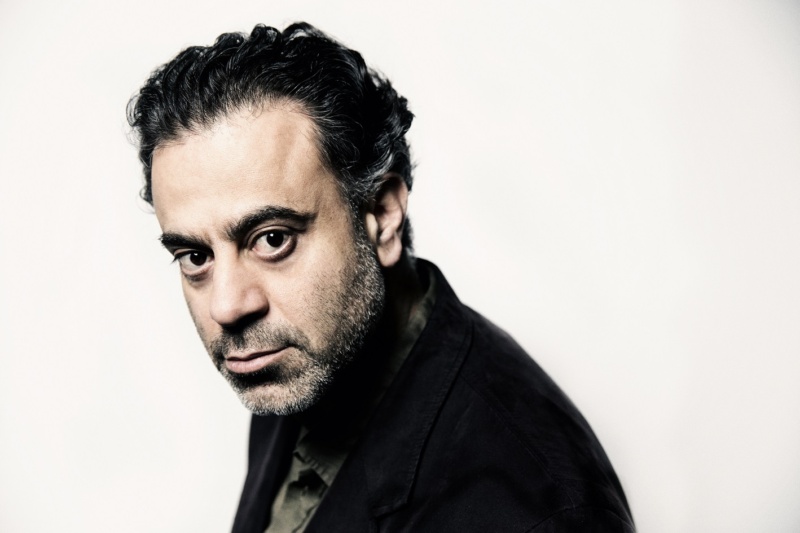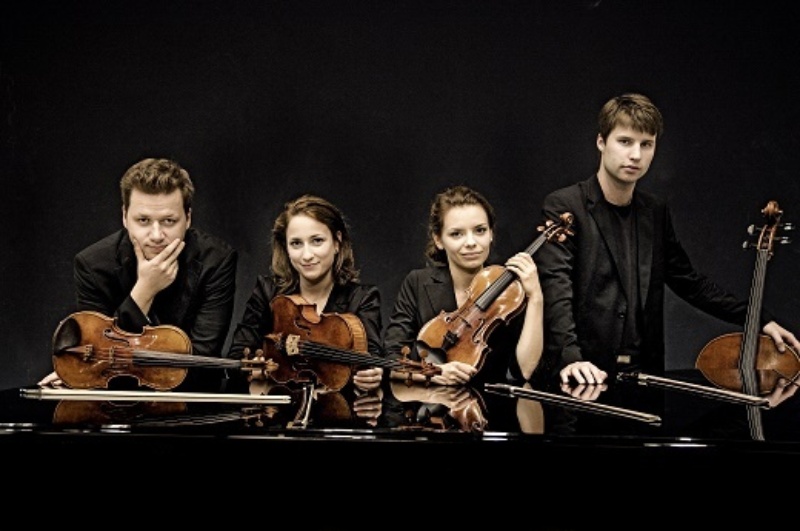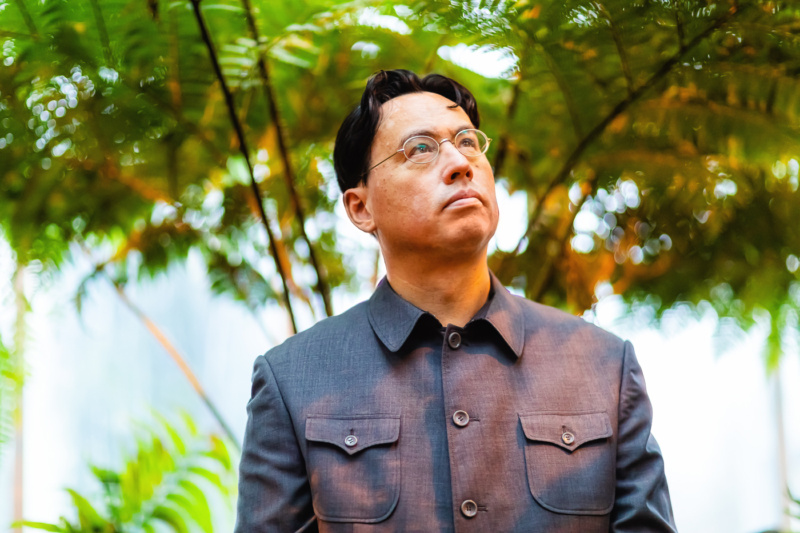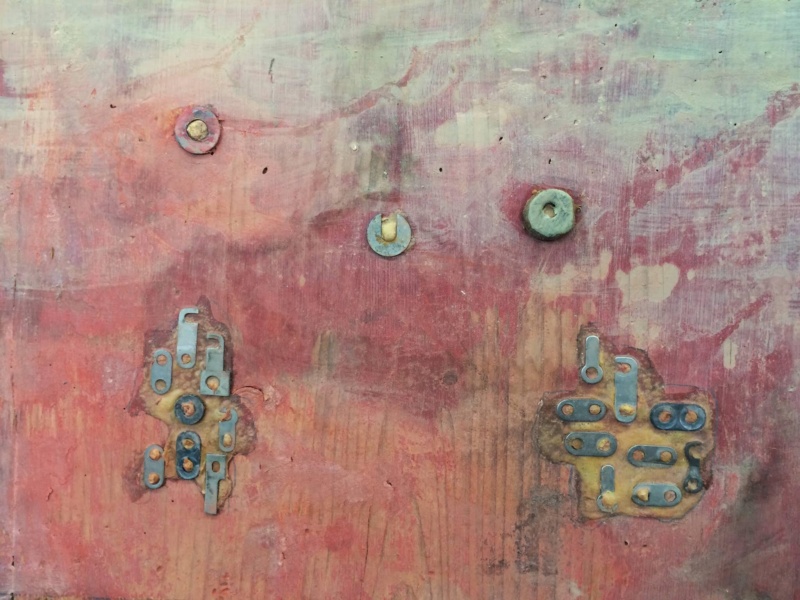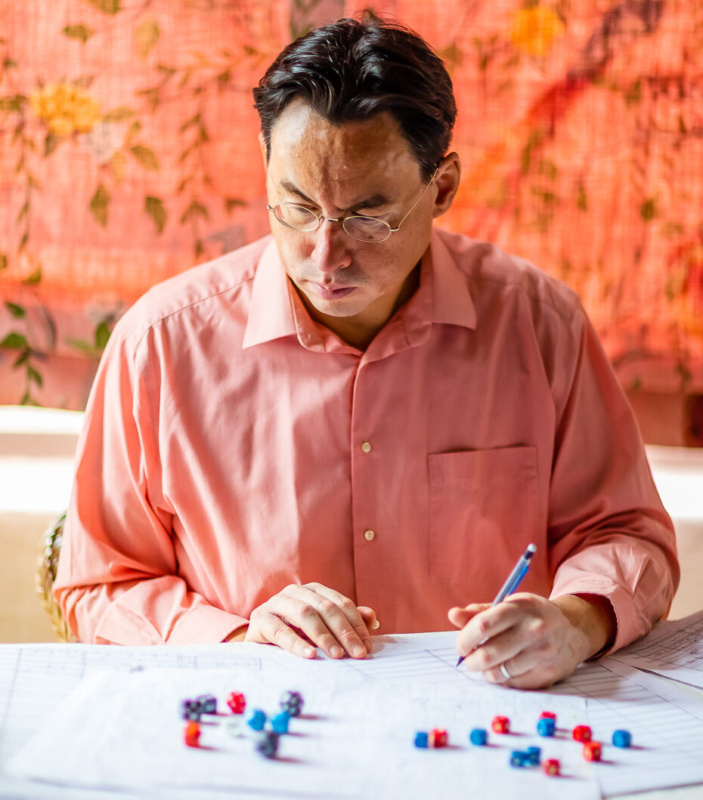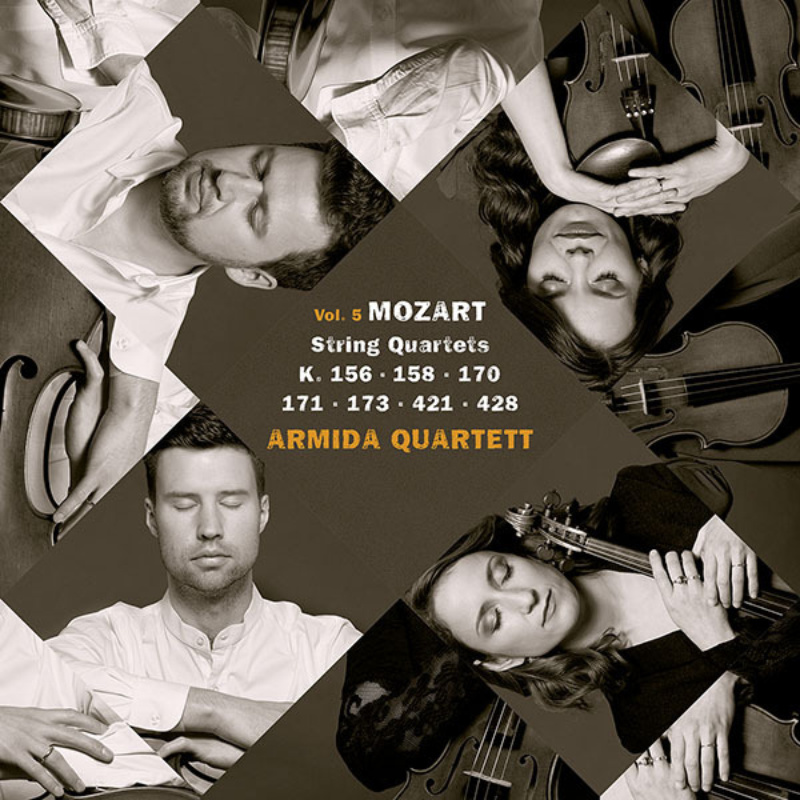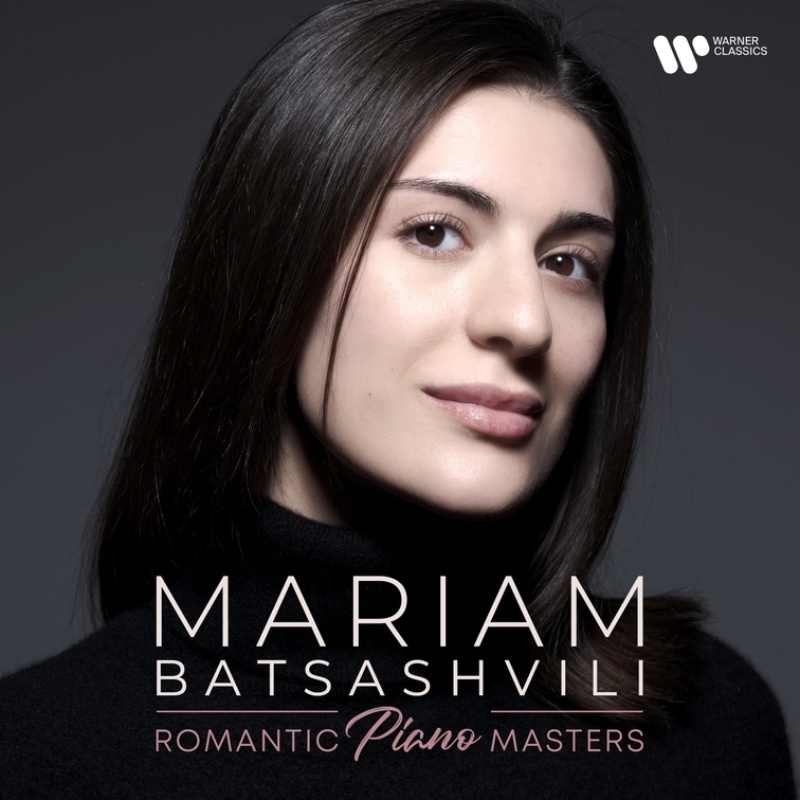In conversation, Martin Funda, Johanna Staemmler, and Peter-Philipp Staemmler explain what they were actually able to rediscover about Mozart and which came first - the "Henle" or the egg.
Mozart is not exactly a composer who needs much advocating. His music is even said to stimulate plant growth, and is considered to be healing. Is he particularly popular at the moment?
JS: Of course, Mozart is a bestseller, if you like. But that refers above all to the "hits": The Magic Flute, Die kleine Nachtmusik, Don Giovanni - these are catchy tunes that everyone knows, including the Clarinet Concerto. It's different with the string quartets. They are not so omnipresent in Western European cultural memory, and it's actually worth taking up the cause for them. That was probably the case even during Mozart's lifetime, because he showed a very special side of himself in these chamber music works. It wasn't about the big commissions or a lot of prestige, but about his artistic expression, his relationship with his teacher Joseph Haydn and also about his own music-making, because he played them himself.
Your now almost completed "Mozart package" is impressive - the complete recording, your own concert series Mozart Exploded, and your consulting work for the new Mozart Urtext edition of the G. Henle publishing house are all part of it. Was this combination planned from the beginning?
PPS: No. First we had the idea of founding our own concert series in Berlin in which we wanted to include all the Mozart quartets. At the same time, we considered making a complete recording of them, which seemed the obvious thing to do. And then, through Tabea Zimmermann, the G. Henle publishing house became aware of us and asked us if we would take on the consultation for the new edition. All in all, this has been going on since about 2015.
JS: The decisions followed each other relatively quickly, and as a result it's now a big overall package.
MF: It was incredible timing that G. Henle Verlag also moved towards a new Urtext edition for the new string quartets around 2014/15.
How do you actually plan something like that - how did you approach the order of the complete recording, for example?
PPS: You have to go with the concert calendar a bit and see how other promoters weave Mozart into their invitations to us. For example, we couldn't do everything chronologically. But with Mozart, the early and late quartets are very different anyway. So we ended up with a colourful mixture of early and late works. That is actually particularly attractive, also on the CDs. And in the concert programmes of our Mozart Exploded series we have also done it this way.
Were you also able to use the connection to research through the cooperation with G. Henle Publishers for your rehearsals? And were you able to clarify specific questions in this way?
MF: We had - and still have - regular contact with Wolf-Dieter Seiffert, who has been working on the new Mozart Urtext for many years. This gave us the chance to look through his musicological glasses, to look at the original score in a more differentiated way and, for example, to deal with the dotted or accented issue, which of course haunts us time and again: how can we work it out interpretatively and play it in a differentiated way. The handwriting is super clear, we could actually play from the manuscript. It's really incredible compared to Beethoven, where there's a lot of chaos in between. With the Mozart quartets, you have the feeling that it flows and pours out, there are relatively few mistakes, few corrections. You can also see beautifully whether he perhaps just jotted it out while travelling. And how incredibly quickly he composed things. And then there were essential decisions or innov
ations in dynamics that also surprised us a lot. Wrong notes were also discovered. In these cases, the question always came from the G. Henle publishing house: Guys, can that be? Can you play it like that? That's where we came in, to try it out and say: yes, it makes sense - no, it doesn't make sense, it doesn't fit the context.
Did you have to say goodbye to some things you had grown fond of? Because the old editions perhaps also convey a certain tradition of interpretation, which you follow up on.
PPS: I don't think we had a problem with that at all (laughs). Because we like to play things a bit differently from the tradition. And that certainly opened doors for us: We recorded things which had probably never been recorded in this way before. That's why the complete recording made sense to us - because we didn't play it again the way it might have been played ten times before.
JS: For example, one could mention the topic of suspensions and ornamentations. In dialogue with Reinhard Goebel, who is an outstanding expert in historical performance practice, we set out to find possible ways of interpretation (audio example). This leads to many in the audience saying, oops, I've never heard it like that before. But they are often not negatively prejudiced, but have rather a surprised attitude. And another thing is the liveliness in the details. The more we immersed ourselves in Mozart's handwriting, the more we discovered that there are really very, very many fine differences in the details, which were often smoothed out in the editions - because people were keen for parallel passages to always be the same, so that there would be a certain regularity. But if you look for why there are these differences, these little subtleties and deviations, then you often find musical reasons for them, and they make the whole thing very lively and varied. We benefited from that, it wasn't an overcoming, it was more of a relief: it really is as multi-layered as we feel it is.
MF: In the last few months we've also been working on establishing all the fingerings and bowings, which is a huge amount of work. Of course, as a quartet you have that constantly present and it's a big part of the rehearsal work, but boiling it down to the core is of course an important point. You can also follow the results in the Henle App, which we will also be updating again and again in the coming years.
JS: There are actually many hobby quartets in Germany, and we are always thrilled how often people from the audience say afterwards: we also play quartets in our spare time. They often have an incredible amount of knowledge and are very interested and hungry for information. Especially questions about bowing and fingering come up a lot. For a very large interest group, the new Henle app is a great tool, because you can switch between our suggestion and the blank sheet music simply by clicking.
And people can listen to it right away on the CD. Which brings us to the already highly praised complete recording; its penultimate part has just been released. When will this project be completed?
MF: Another double CD will be released in spring. And later, all the CDs will be released together in a Mozart box set. Everything has been recorded, only the sound engineers have to work on it now.
In your concert series, on the other hand, you didn't stick to Mozart, but tried to find combinations with contemporary works. How did you go about it?
MF: It was important for us to pursue two aspects that engage us as a quartet: On the one hand, the Mozart Quartets and, on the other hand, to always be at the cutting edge of contemporary works, to interpret them and, whenever possible, to commission them. And then to combine that with other arts as well.
JS: The basic idea was to juxtapose these masterpieces by Mozart with other real masterpieces that are not just short-lived hits. Mozart is THE genius, so it really had to be something substantial. We started with Jörg Widmann (video), who is indeed sometimes described by the press as the Mozart of our time. Then we had Gubaidulina, another person who has written her way to the top of contemporary composers, and Marko Nikodijevic, a star in the composer's sky. And so we always tried to find something that on the one hand reflects the present and yet can build a bridge to Mozart's times, because we wanted to see: Does Mozart perhaps sound different after the modern piece? That was usually an early Mozart, then the modern piece, and then another more mature Mozart piece.
MF: It was exciting to find composers like Marko Nikodijevic, who wrote his first string quartet for us in connection with the Rising Stars tour. But it was also clear to us that it should be part of this Mozart series. The connection with Mozart, to exist alongside him, was already a hurdle for Marko Nikodijevic. Johanna did some great interviews with the composers and also explored the extent to which Mozart's oeuvre plays a role for them. It was always very interesting how the composers thought about it.
JS: Yes, because you could ask them. You can't ask Mozart anymore, but it's interesting what comes up when you ask the young composers today, what do you think of Mozart, what is your favourite piece or what is special about him for you.
You didn't just recombine and thus create something unusual, but experimented with conversations, letters, and other arts through very different formats. Were there any combinations that worked particularly well for you?
JS: For me, each combination worked in its own way. We had an episode that focused on dance. For that, we picked out letters in which Mozart writes about his own dance escapades: how he lives in the dance master's house and how many hours he danced minuets last night or how slow or fast the Italians dance the minuets. We had these letters read by the actress Nina Horvath. Then there was the dancer Manaho Shimokawa, who danced to the minuets, but modern dance. Then came the Gubaidulina string quartet, which is also exciting in itself because the string quartet slips further and further apart as it is played. So there is also a spatial experience. The gap that this created was filled by the dancer (video of the performance). That was perhaps one of the most experimental episodes. We also had one where afterwards the composer Marko Nikodijevic put on electronic music and people could dance.
PPS: What also worked well was the episode with the hunting quartets, which we also performed in New York: Widmann Hunting Quartet with the Mozart Hunting Quartet. Juxtaposing two different directions of hunting, so to speak.
JS: Then we had another episode with light installations, where different snippets from the letters were beamed to the back of the stage. The theme was fragility. The piece by a Spanish composer that we performed was also called Fragil, it was quite spherical. The whole evening was a bit mystical. We had so many different experiences that I can't decide which one worked particularly well, because it thrives on variety.
In everything you say, it seems very important to you to have a special relationship with the audience, which you often address very directly. Do you sometimes miss that in the "normal" concerts?
JS: Of course there are also concerts where you don't involve the audience so personally, and that can also be a nice exchange and a wonderful communication. But we especially enjoy it when it's like our own series. This is really our workshop from A to Z: We make decisions about the brochures, we pick them up from the printers, we design some of them ourselves with help. And we design the programme, we set up the lighting with the lighting technician. I think that projects itself, that really every millimetre of the evening is so familiar to you. On top of that, Berlin is our hometown. A lot of people have known us for a long time, and some come to every episode of Mozart Exploded because they want to see the project grow. If you can look back on even more shared experiences with every concert, that's something incredibly beautiful. And it's also helpful for us: to feel how people are responding to it. We often ask whether people might have heard the Mozart differently if, for example, Gubaidulina had been played in between, and this feedback is essential for us.
So why did your Mozart actually explode?
JS: We wanted to allude to the fact that a certain listening expectation and also a certain image that one has of him explodes. We said it's actually the Mozart stereotype that explodes: this sweetness, this pleasantness. We want to explode that and let it recompose itself in reflection with contemporary music.
Interview: Nina Rohlfs, November 2021
